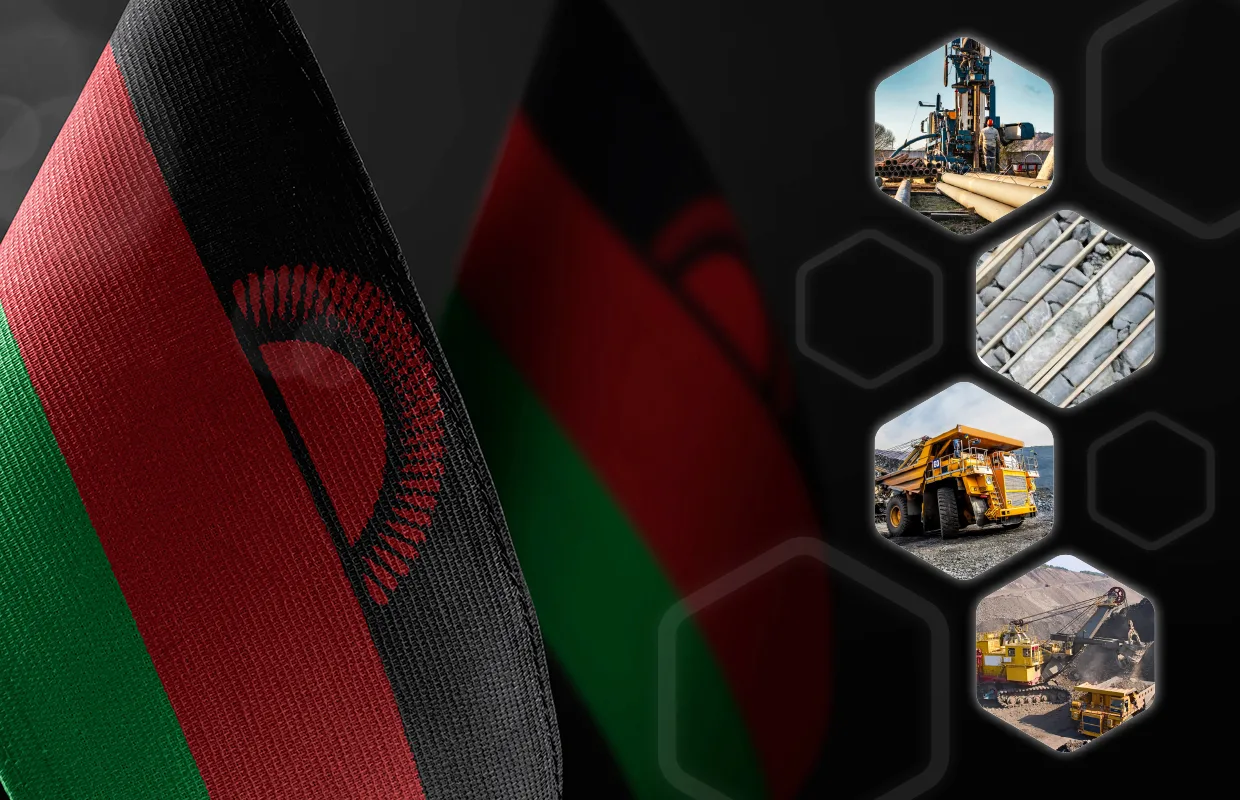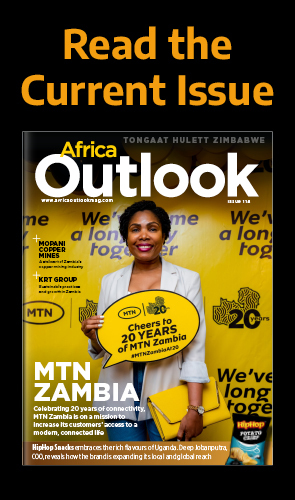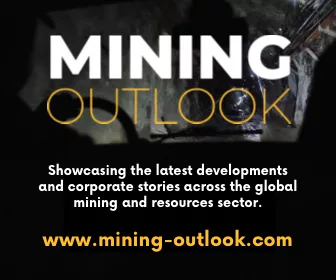The small landlocked nation of Malawi is gaining widespread recognition as a major African mineral resource contributor, gradually transitioning into a burgeoning force in the continent’s mining sector.
MALAWI MINING SPOTLIGHT
Uranium mining has historically been a major contributor in Malawi’s mining sector, contributing to one percent of the element’s global production.
Malawi has also updated its mining laws and policies with the goal of attracting foreign investment and promoting the practice of responsible mining.
The main legislation relating to mining in Malawi includes the Mines and Minerals Act 1981, which enunciates rules of business for the sector, the Petroleum (Exploration and Production) Act 1983, and the Explosives Act 1968.
A National Environmental Action Plan has also been proposed, and it is now mandatory for all Malawian mining projects to prepare an environmental impact assessment plan.
Elsewhere, one of the significant obstacles to the growth of the mining industry in Malawi is the current state of the nation’s infrastructure.
The lack of well-developed transportation networks, power supply, and other essential infrastructure continue to hinder efficient mining operations and increase operational costs.
Addressing these nationwide challenges is crucial to facilitating mineral transportation and encouraging further investment in the sector.
Undoubtedly, Malawi’s mining sector holds immense potential for contributing to economic growth and providing employment opportunities.
The nation’s diverse array of mineral resources, particularly uranium and gemstones, has attracted great interest from investors, and although there are challenges to address, such as additional regulatory improvements, infrastructure development, and environmental concerns, efforts are underway to promote responsible mining and unlock the sector’s full potential.
Looking ahead, with a focus on sustainable practices and a conducive investment climate, Malawi hopes to harness its mineral wealth for the benefit of its people and overall development.
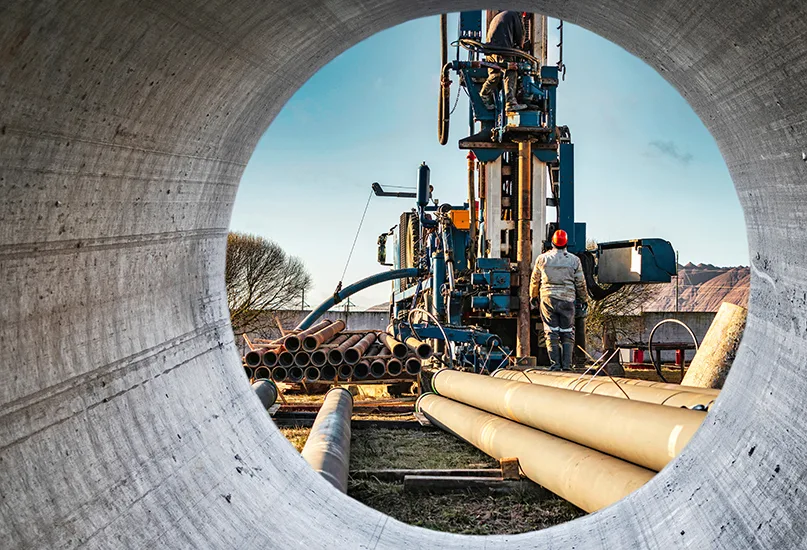
Q&A WITH THE MALAWI CHAMBER OF MINES
The Malawi Chamber of Mines is a group of companies and individuals operating in the minerals industry for the advancement of sustainable mineral exploitation for the benefit of members, government, and local communities. Grain Malunga, Coordinator, highlights Sovereign Metals’ Kasiya project as one of its significant mining ventures
Firstly, what is your current take on Malawi’s mining landscape? What recent challenges or opportunities have you faced?
Grain Malunga, Coordinator (GM): Malawi’s mining industry showed some promise early in 2010 but has grown in fits and starts, with moments of highs and lows. Now, as the country stands poised to revamp its mining sector, it is crucial to acknowledge the delicate balance between economic promise and environmental and social responsibility.
We hope Kasiya is going to be one of the largest projects Malawi has ever seen and that it will be one of the biggest rutile and graphite producers globally.
This brings a lot of opportunity and responsibility, not just to Sovereign Metals (Sovereign) as a company but also to Malawi as a country.
Mining projects of this scale generally create significant secondary economic development, and if planned appropriately alongside the Malawian government, could have a substantial economic multiplier effect.
Planning and implementation require careful consideration to ensure the well-being of local communities and the environment. Sovereign will not progress hastily if either will be unduly compromised.
“We hope Kasiya is going to be one of the largest projects Malawi has ever seen and that it will be one of the biggest rutile and graphite producers globally”
Grain Malunga, Coordinator, Malawi Chamber of Mines
How do you sustainably exploit Malawi’s naturally occurring resources for the benefit of your members, the government, and local communities?
GM: Kasiya has the potential to deliver an enormous positive impact for the country, including skilled and semi-skilled jobs, as well as significant royalties and taxation.
Due to the scale and size of the mineral discovery, Kasiya has the potential to deliver these benefits well beyond its initial 25-year life of mine.
However, as with any mining project, environmental and social risks must be assessed and mitigated to ensure host communities benefit and the environment is protected.
Development of the Kasiya project is expected to create hundreds of jobs during the construction phase and over 1,100 permanent jobs during full-scale operations. However, to achieve this, significant infrastructure in power reticulation, rail line connectivity, water storage, and mine development need to be constructed with an estimated investment close to MWK2 trillion to reach full-scale operations over a seven-year construction and ramp-up period.
One of Sovereign’s key objectives is skills development and training to ensure the majority of these jobs are filled by Malawians, as well as providing the opportunity for local contractors and businesses to participate in tender processes for future infrastructure development.
The project’s success is not solely dependent on its economic benefits. As the project progresses, it is important to maintain transparency and open communication between Sovereign, the government, and local communities.
The company has initiated a comprehensive Environmental and Social Impact Assessment (ESIA), which has already gone through its initial public consultation process with the engagement of well over 10,000 people and institutions.
Once completed, the ESIA will provide a detailed evaluation of the project’s potential impacts on the environment and local communities and identify mitigation measures to minimise potential disturbance. This is to help manage expectations, address concerns, and ensure the project’s benefits are shared equitably.
The procedure is a critical component of our project development process. It will enable us to identify potential risks and opportunities and develop strategies to mitigate negative impacts and maximise benefits.
The process involves extensive stakeholder engagement, including consultations with local communities, government agencies, and other interested parties. This is to ensure that the project is developed in a transparent and inclusive manner and that the concerns and interests of all stakeholders are considered.
Finally, how do you see Malawi’s mining landscape developing over the next five years, and how do you plan action the chamber’s key priorities going forwards?
GM: Sovereign is highly supportive of efforts to expand the industrial base and capacity within the country, which will be a strong driver of employment creation and economic growth.
The secondary economic activity brought about by a large-scale project such as Kasiya, where energy, infrastructure, local content, skills transfer, and micro, small, and medium-sized enterprises (MSMEs) are prioritised will be the first step towards such long-term development goals.
Over and above mineral deposits, key elements of downstream beneficiation include a highly skilled workforce, surplus low-cost energy, economies of scale, industrial capacity, attractive fiscal investment incentives, and large competitive markets.
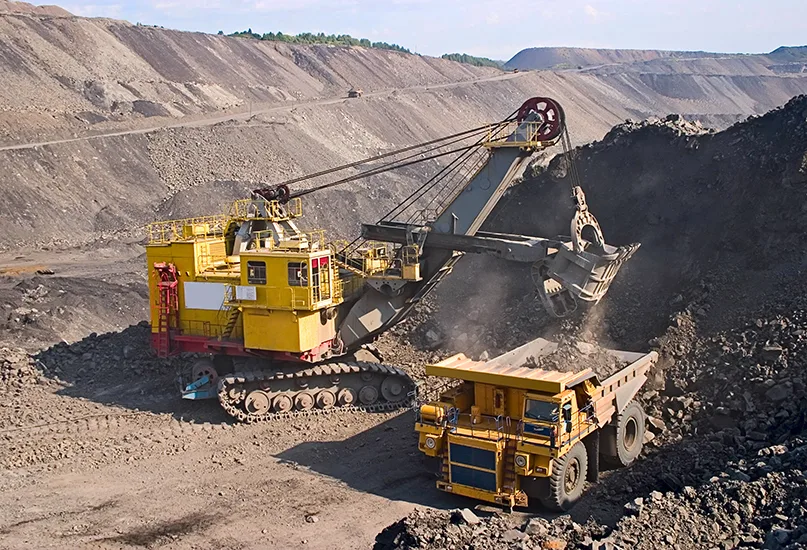
MALAWI CHAMBER OF MINES’ MISSION AND CORE VALUES
Mission
To effectively promote exploration and mining in Malawi for the benefit of all stakeholders using sound business principles backed by integrity and transparency.
Core values
- Regulatory compliance.
- Social and environmental accountability.
- Integrity and transparency.
These require long-term planning and industrial partnerships that will be necessary to better balance Malawi’s economy between agriculture and industry.
Over 90 percent of Malawi’s population live in rural areas relying on subsistence agriculture. National surveys estimate that crop production accounts for 74 percent of all rural incomes.
The agricultural sector is the most important sector in the Malawian economy, accounting for about 39 percent of GDP, employing 85 percent of the labour force, and generating about 83 percent of foreign exchange earnings.
We are committed to working with local communities, the government, and other stakeholders to ensure that our project benefits as many Malawians as possible so we can take some of the first steps towards these long-term development goals.
From a social investment perspective, we are doing a lot early on – much earlier than you would normally expect from a mining project at this stage of its development. We are about implementation and action.



